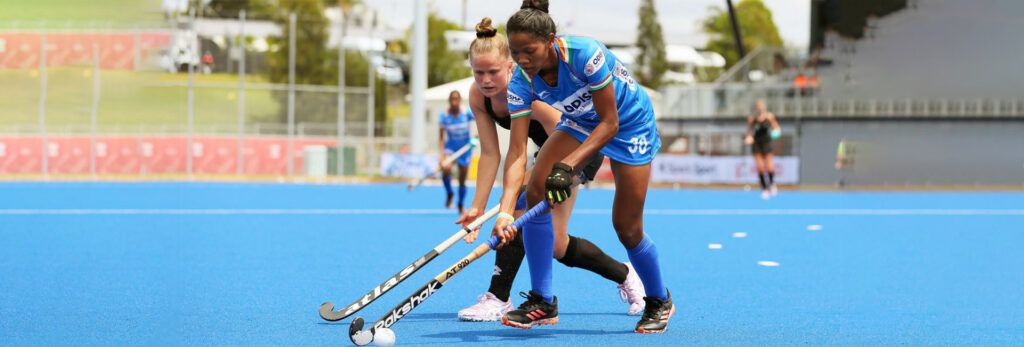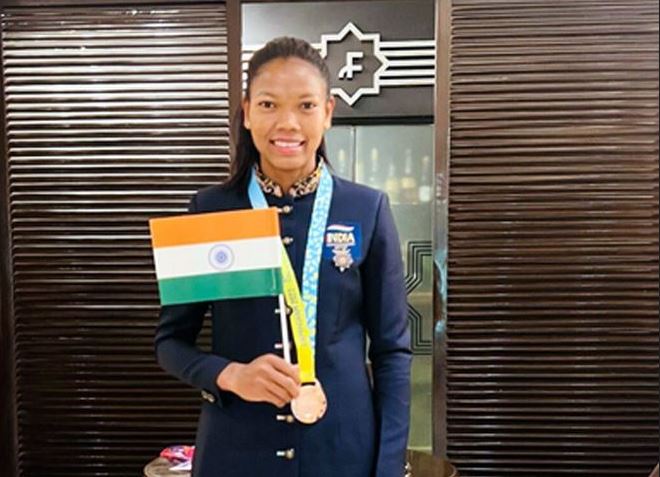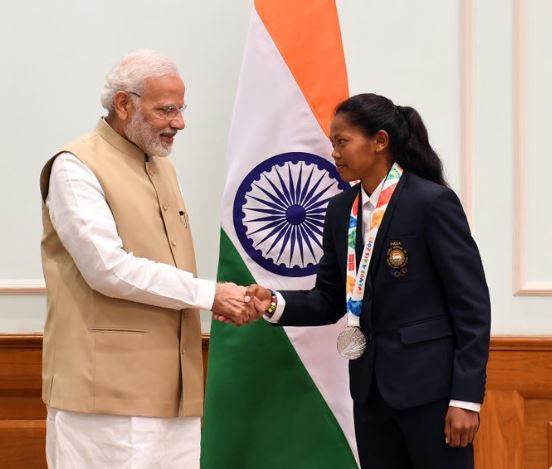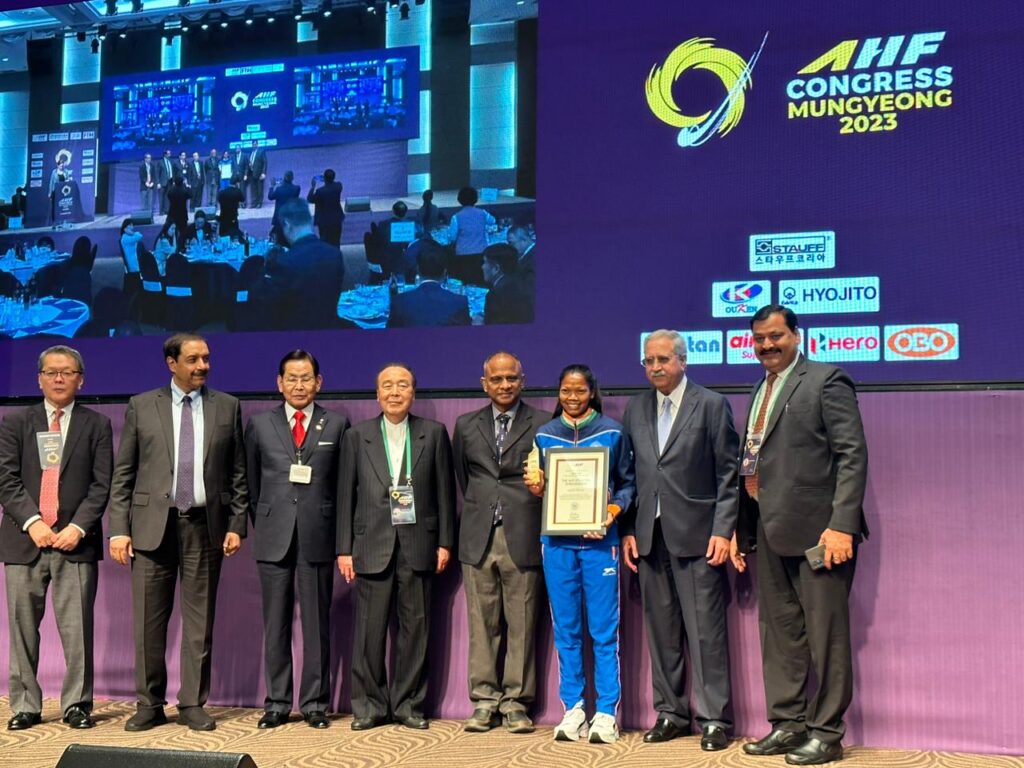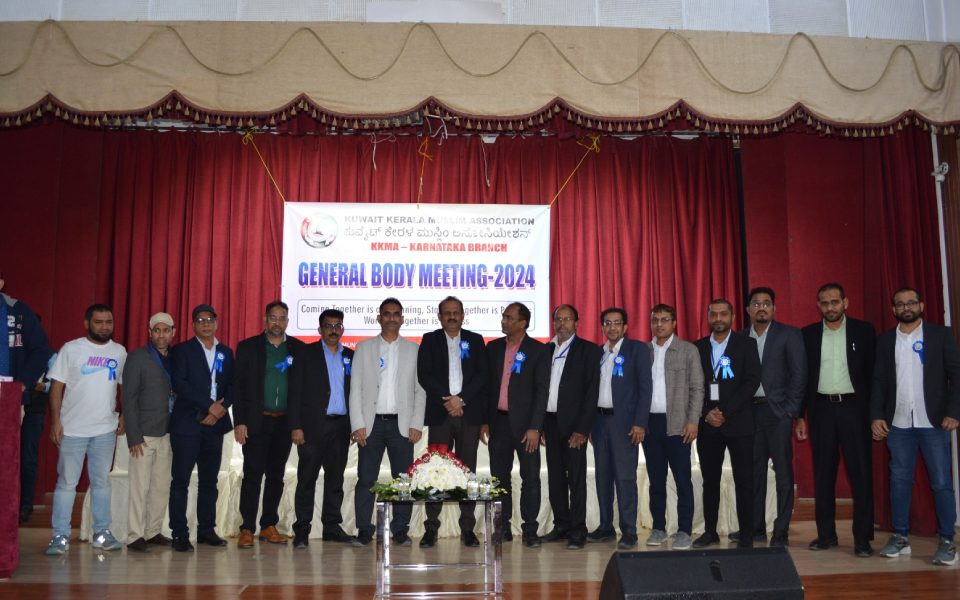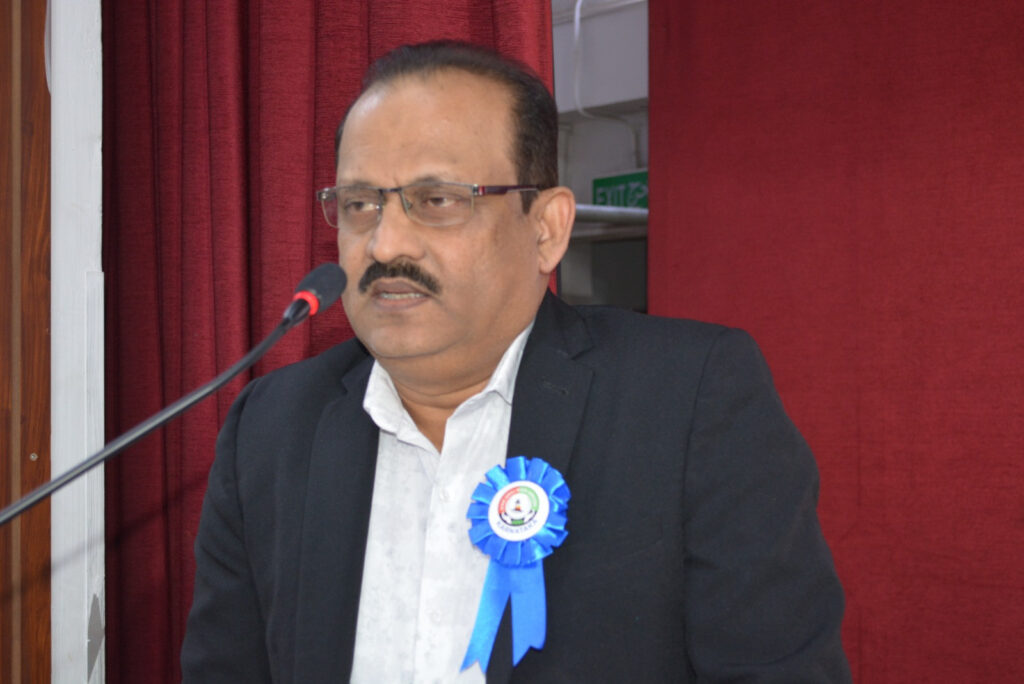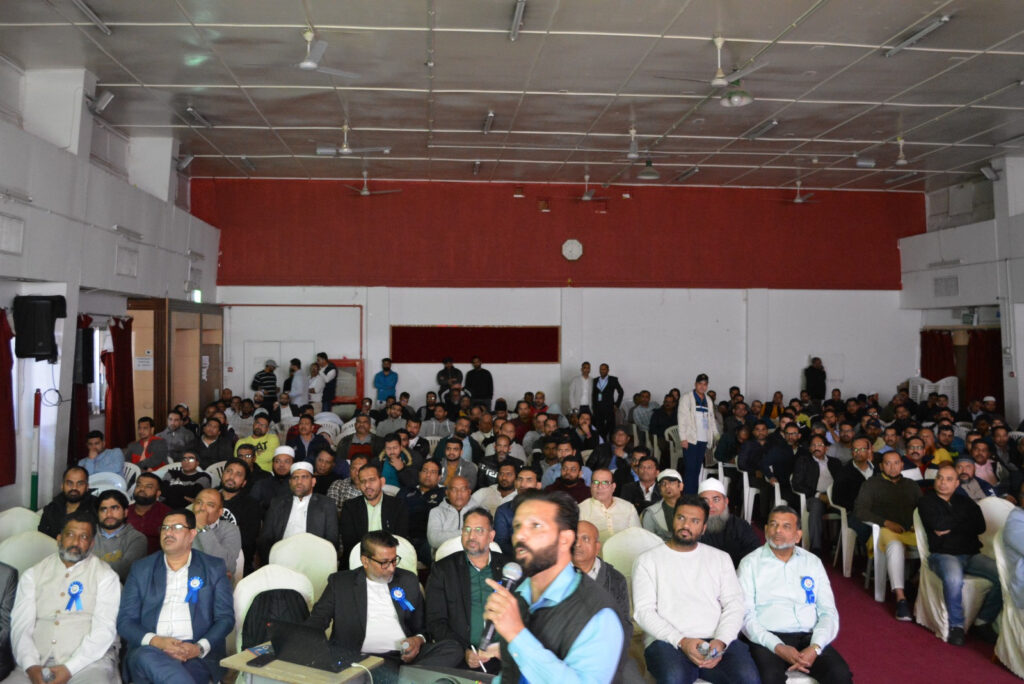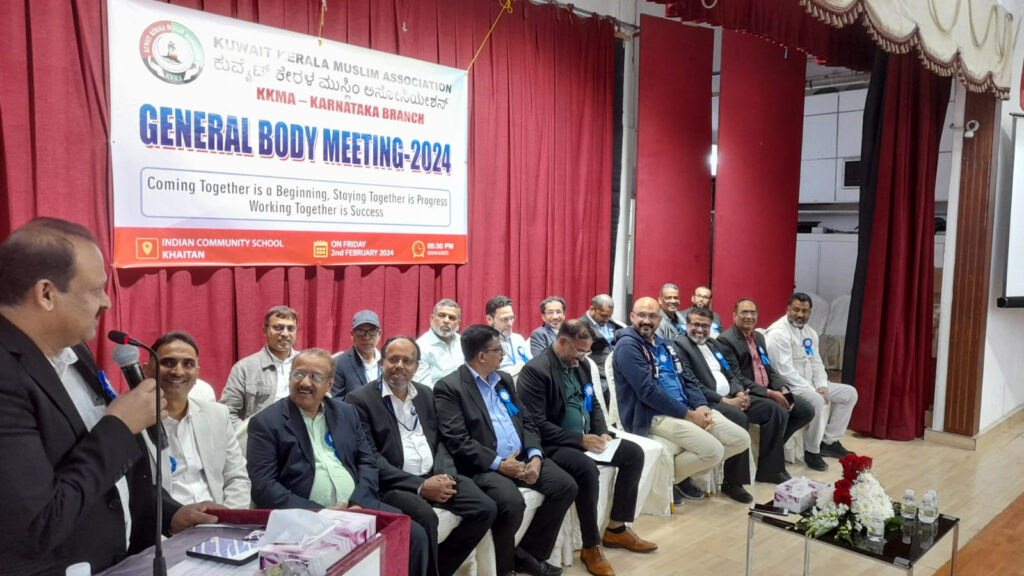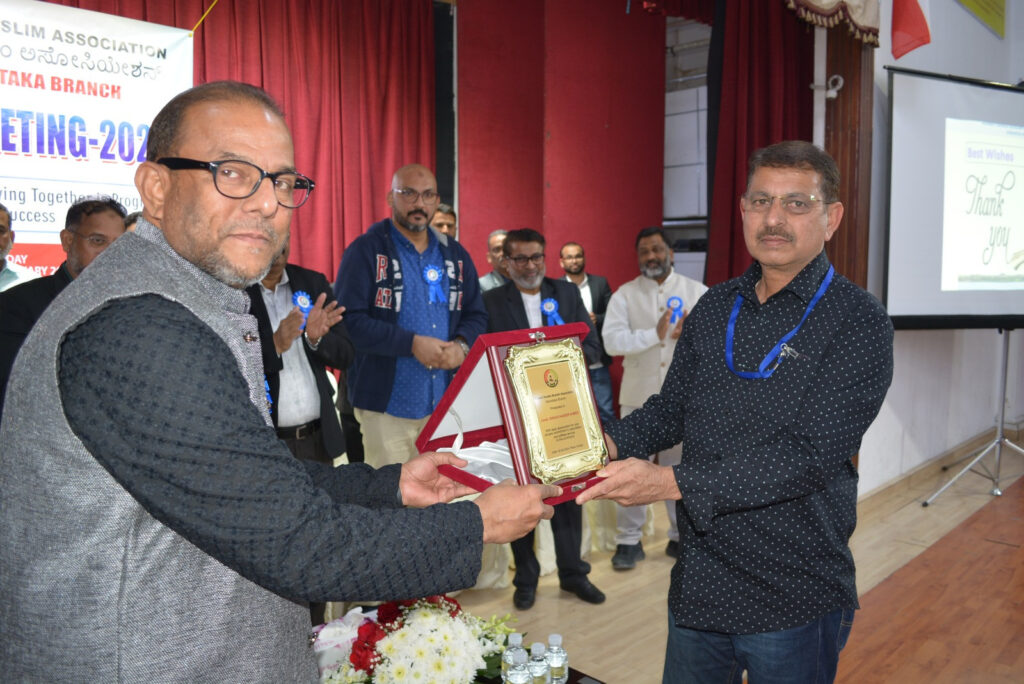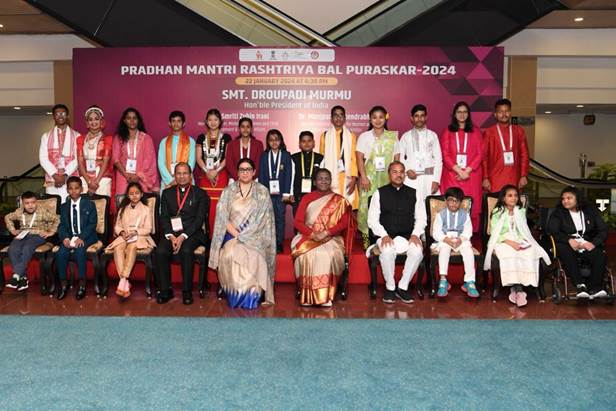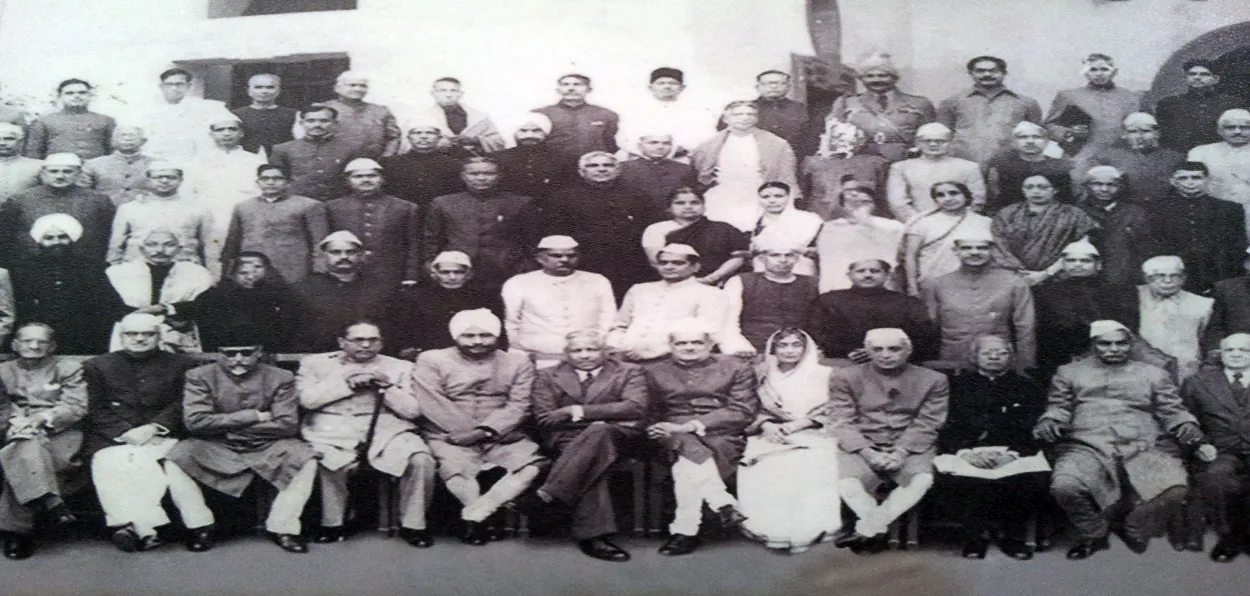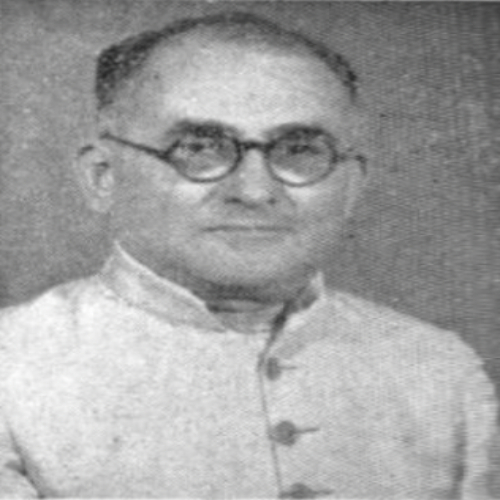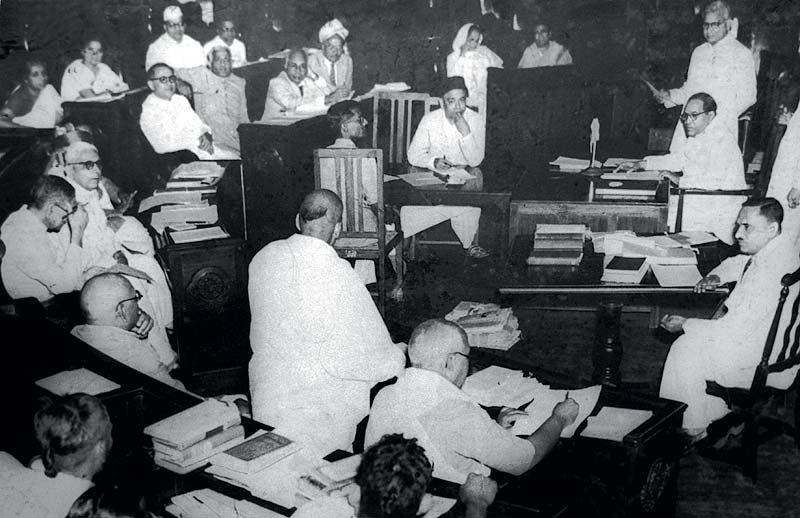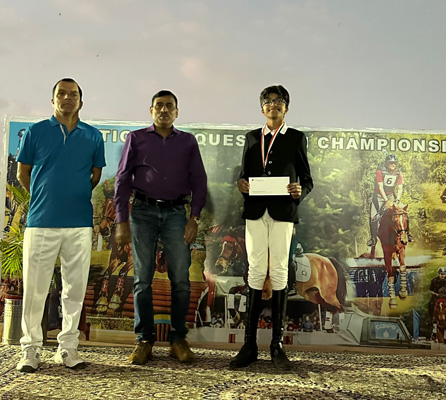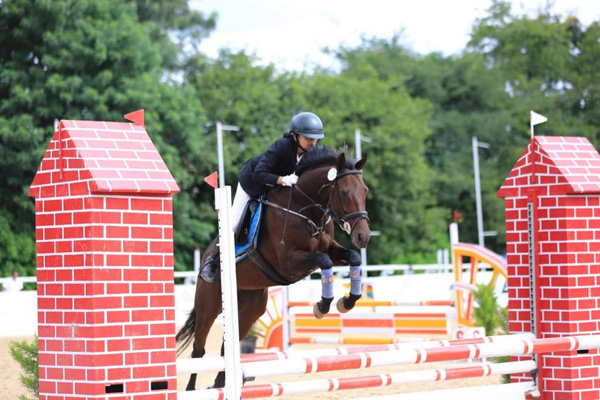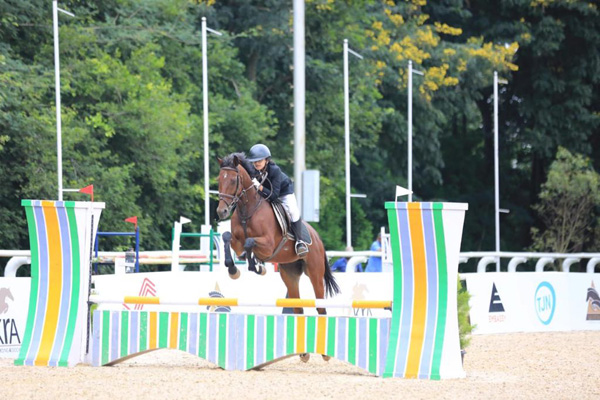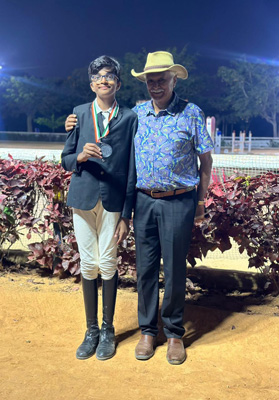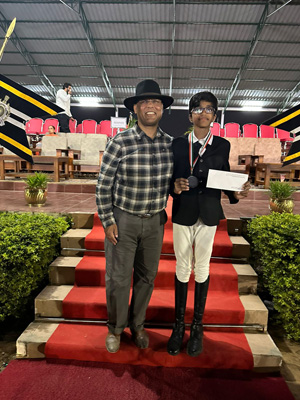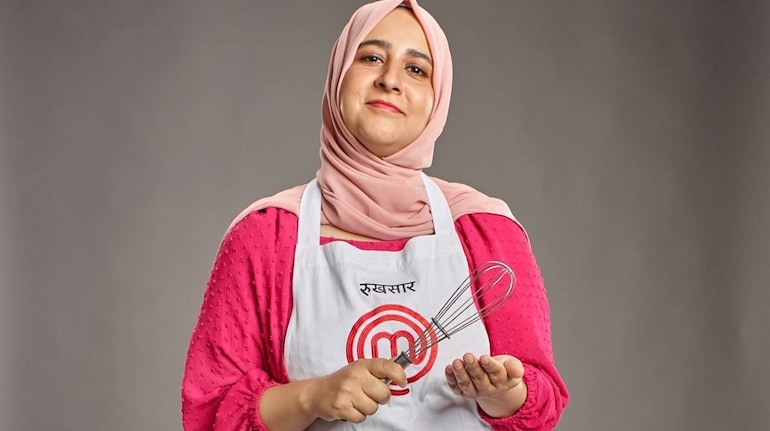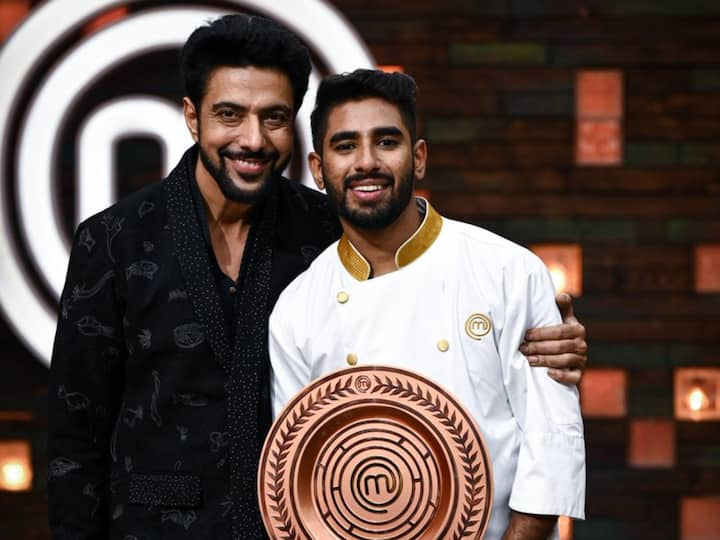JHARKHAND :
Hockey legend Ashok Kumar was accorded the Major Dhyan Chand Lifetime Achievement Award for his contribution to the sport.
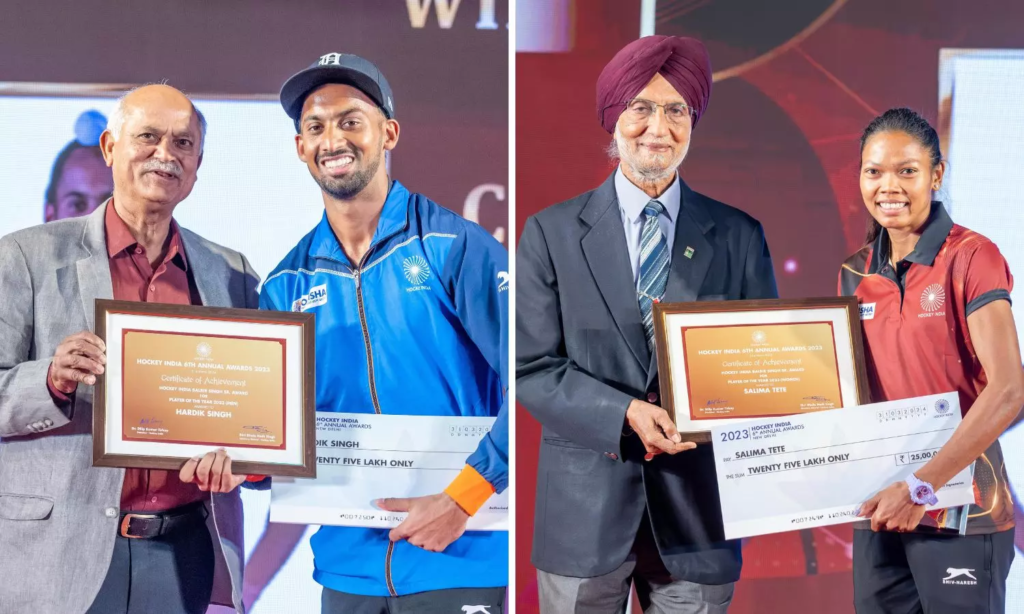
Delhi:
Hardik Singh and Salima Tete were named men’s and women’s players of the year at the 6th Hockey India Annual Awards in New Delhi on Sunday.
This year, the total award prize pool was INR 7.56 crores.
Surprisingly, the 2016 Junior World Cup gold medal-winning Indian men’s team was felicitated, with each player earning a cash prize of INR 5 Lakh along with a trophy.
The 2023 Junior Asia Cup gold medal-winning Indian men’s and women’s teams were also honoured, with each player earning a cash prize of INR 2 Lakh and all the members of the support staff earning a cash prize of INR 1 Lakh each.
Other gold medal-winning teams of men’s Hockey 5s Asia Cup, women’s Hockey 5s Asia Cup, men’s Asian Champions Trophy, and women’s Asian Champions Trophy were also felicitated along with the men’s team that won gold at the Asian Games and women’s team that won bronze.
Meanwhile, Hockey Haryana won the Best Member Unit of the Year Award 2023, earning a prize of INR 2.5 Lakh.
The award ceremony saw PR Sreejesh winning the prestigious Hockey India Baljit Singh Award for Goalkeeper of the Year, earning a cash prize of INR 5 Lakh along with a trophy.
For his consistent performances throughout the year, Harmanpreet Singh won the Hockey India Pargat Singh Award for Defender of the Year, earning himself a cash prize of INR 5 Lakh along with a trophy.
Hockey India Ajit Pal Singh Award for Midfielder of the Year was won by Hardik Singh, while Abhishek won the prestigious Hockey India Dhanraj Pillay Award for Forward of the Year, both earning themselves INR 5 Lakh and a trophy each.
The next generation was also honoured with youngster Deepika Soreng winning the Hockey India Asunta Lakra Award for Upcoming Player of the Year (Women – Under 21) earning a cash prize of INR 10 Lakh and a trophy.
Araijeet Singh Hundal was named the Hockey India Jugraj Singh Award for Upcoming Player of the Year (Men – Under 21), winning a cash prize of INR 10 Lakh and a trophy.
Hardik Singh, and Salima Tete, won the Hockey India Balbir Singh Sr. Award for Player of The Year Awards for men and women respectively, each earning a cash prize of INR 25 Lakh along with a trophy.
“It is a matter of great pride for me to win the prestigious award. This is truly reflective of the hard work and the commitment that our team displayed over the past year. I am thankful to everyone for their support and I will continue to work even harder in the coming year to justify the honour,” said Hardik Singh after winning the award.
Meanwhile, Salima Tete, on her win, said, “I wish to thank my teammates, coaches, and the support staff for showcasing their faith in me. It is a matter of great pride for me every time I get to wear the Indian jersey and step out on the field to represent the nation. This award will further motivate me to continue to do even better each day so I can continue to make the country proud.”
The ceremony closed with Hockey India celebrating the achievements of Ashok Kumar, honouring the Indian legend with the prestigious Hockey India Major Dhyan Chand Lifetime Achievement Award with a cash prize of INR 30 Lakh and a trophy.
Award winners at 6th Hockey India Annual Awards
Rs 5 Lakh each: PR Sreejesh (Goalkeeper of the Year), Harmanpreet Singh (Defender of the Year), Hardik Singh (Midfielder of the Year), Abhishek (Forward of the Year)
Rs 10 lakh each: Deepika Soreng (Women Under-21 Player of the Year), Araijeet Singh Hundal (Men Under-21 Player of the Year) Rs. 25 lakh each:
Salima Tete (Player of The Year Women), Hardik Singh ( Player of The Year Men) Rs 30 lakh: Ashok Kumar (Major Dhyan Chand Lifetime Achievement Award).
source: http://www.thebridge.in / The Bridge / Home> Hockey / by The Bridge Bureau / April 02nd, 2024
